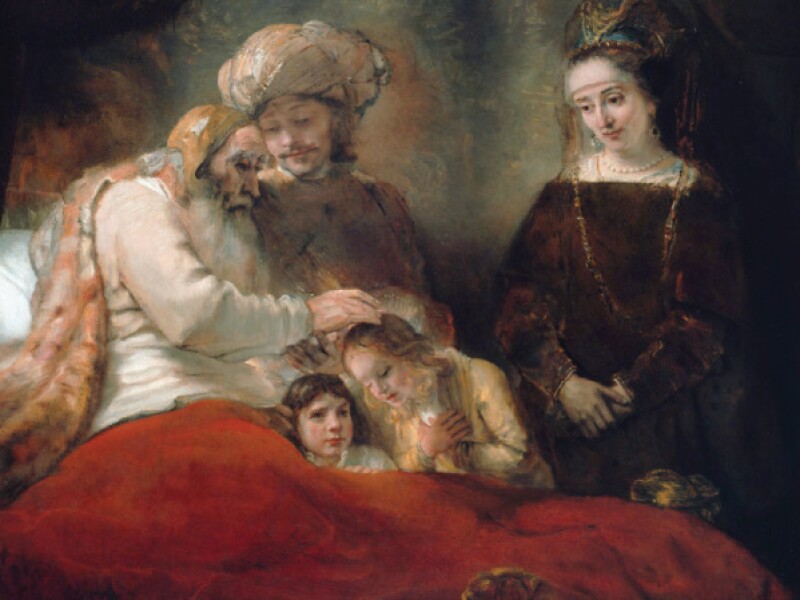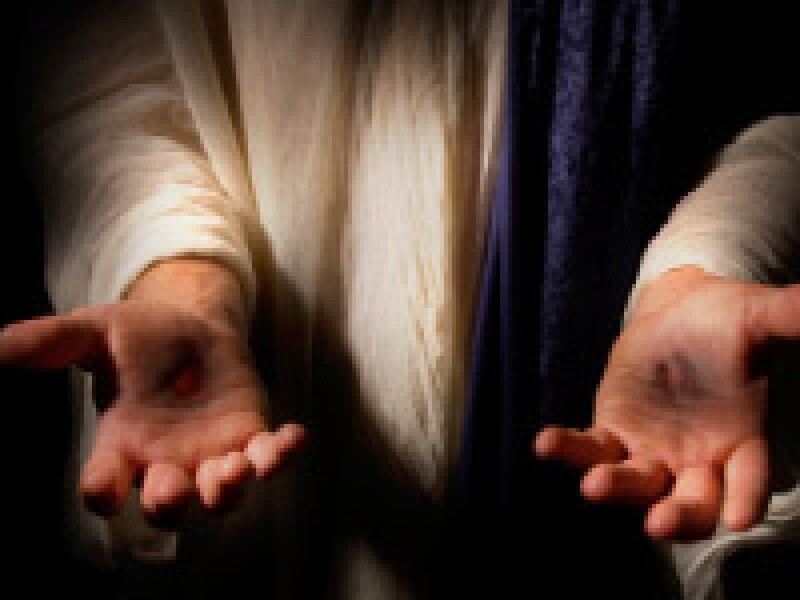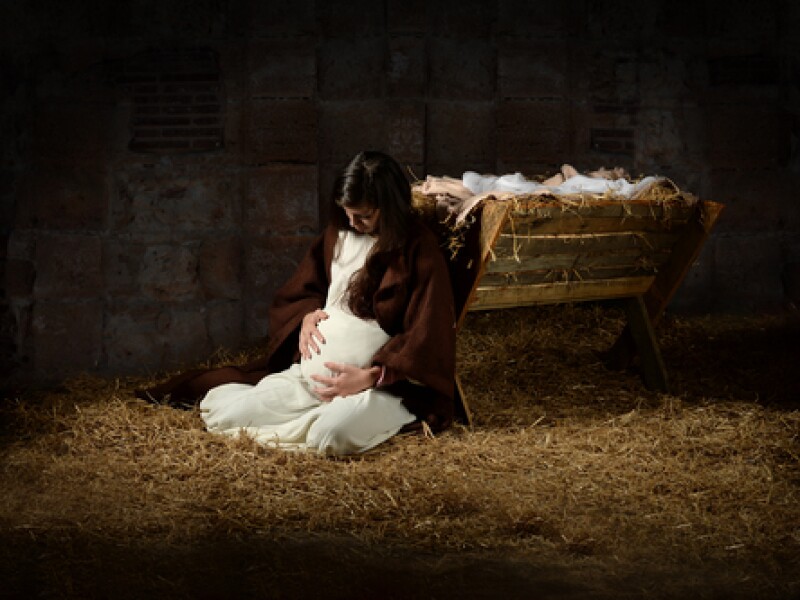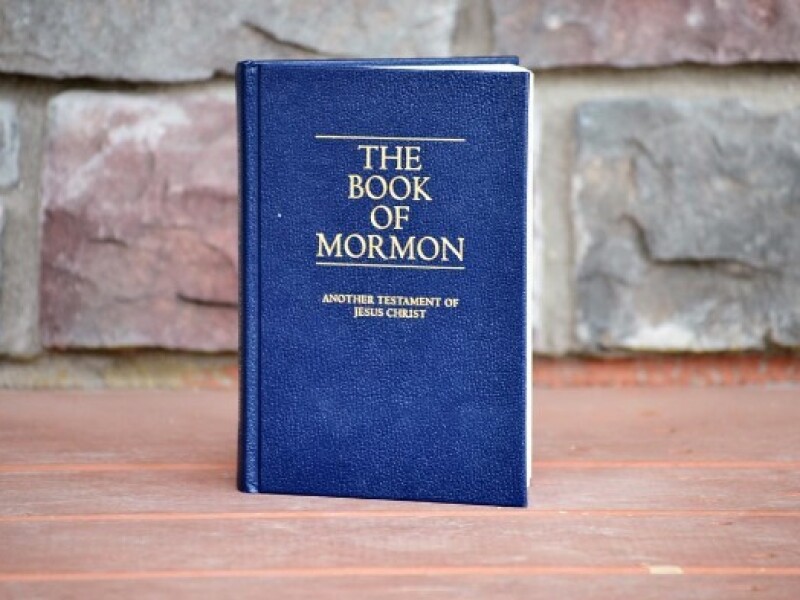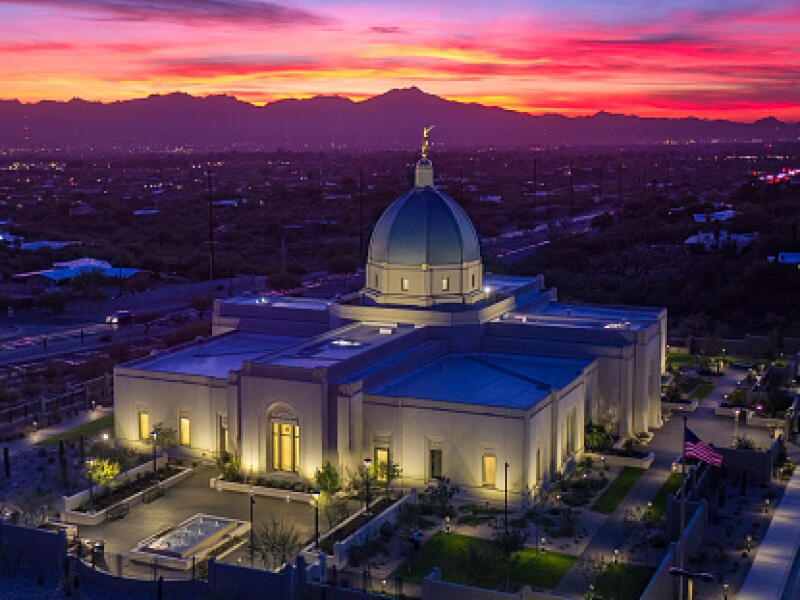Bradley R. Wilcox was born in Provo, Utah, on December 25, 1959. He and his wife, Deborah Gunnell, have four children. He was sustained as the second counselor in the Young Men general presidency on April 4, 2020. He has served in several Church callings, including full-time missionary in the Chile Vina del Mar Mission, bishop, mission president of the Chile Santiago East Mission, counselor in a YSA stake presidency, and member of the Sunday School general board. Most recently, he served as high councilor and stake Young Men president. He is currently a professor in BYU’s Department of Ancient Scripture. He is the author of the book The Continuous Atonement and the BYU devotional address “His Grace Is Sufficient.”
-
More

